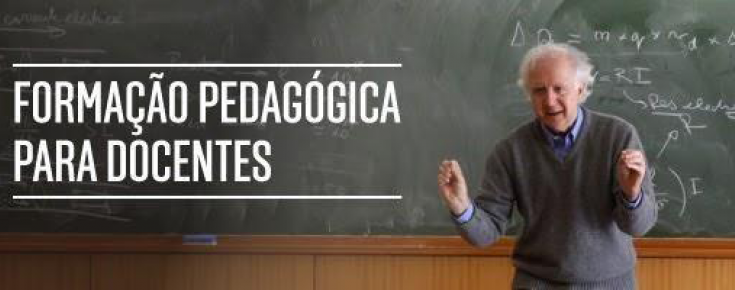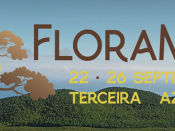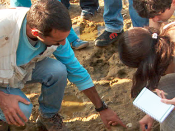
A utilização de momentos ativos em sala de aula é referida como uma boa prática inegável no Ensino Superior, constando inclusive da lista dos Seven Principles For Good Practice in Undergraduate Education (Chickering & Gamson). Em ensino remoto é possível, em sessões síncronas, planear momentos ativos para potenciar a aprendizagem e aumentar o envolvimento dos estudantes.
Neste workshop, iremos assim distinguir Active de passive learning, identificar estratégias de active learning passíveis de conduzir em aulas síncronas remotas e clarificar a diferença entre Ensino à distância (EaD) e Ensino remoto de emergência (ERE).
Duração: 3 horas | 1 sessão
Calendarização: 01 de fevereiro | 14h00-17h00
Modalidade de Formação: online
Formador: Sofia Sá
Custo da formação: gratuito
N.º mínimo de participantes: 5
N.º máximo de participantes: 35






